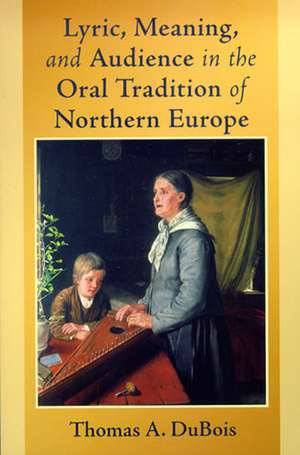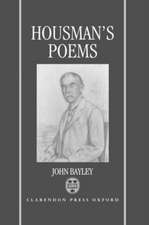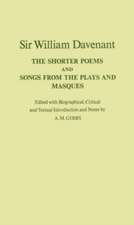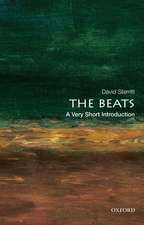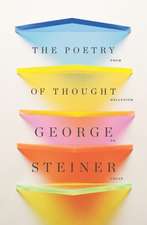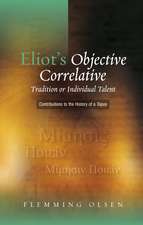Lyric, Meaning, and Audience in the Oral Tradition of Northern Europe: Poetics of Orality and Literacy
Autor Thomas A. Duboisen Limba Engleză Paperback – 14 dec 2006
Preț: 277.69 lei
Nou
Puncte Express: 417
Preț estimativ în valută:
53.14€ • 55.28$ • 43.87£
53.14€ • 55.28$ • 43.87£
Carte tipărită la comandă
Livrare economică 14-28 aprilie
Preluare comenzi: 021 569.72.76
Specificații
ISBN-13: 9780268025892
ISBN-10: 0268025894
Pagini: 278
Ilustrații: 31 music illustrations; 1 halftone; 1 line drawing
Dimensiuni: 157 x 227 x 21 mm
Greutate: 0.46 kg
Ediția:1st Edition
Editura: MR – University of Notre Dame Press
Seria Poetics of Orality and Literacy
ISBN-10: 0268025894
Pagini: 278
Ilustrații: 31 music illustrations; 1 halftone; 1 line drawing
Dimensiuni: 157 x 227 x 21 mm
Greutate: 0.46 kg
Ediția:1st Edition
Editura: MR – University of Notre Dame Press
Seria Poetics of Orality and Literacy
Recenzii
“. . . this book studies lyric song in the literature of northern European countries from Iceland to Finland. DuBois presents theory in the introduction; the six subsequent chapters take up subjects ranging from medieval religious lyric and lyric within the medieval epic tradition of Iceland, England, Ireland, and Wales to song in Shakespeare and songs of a living Irish singer from County Meath. This is a deep, penetrating exploration, and the range is extraordinary . . . Scholars and musicians alike will find this book a treasure trove.” —Choice, August 2007, Vol. 44, No. 11
“Having so much comparative material under one cover is no small merit, and from this point of view the book will be of use to students of oral literature and its offshoots. In his ability to read and enjoy texts in so many extremely difficult languages DuBois may have no rivals.” —Journal of English and Germanic Philology, 108:1, January 2009
“. . . DuBois provides an interesting approach to the interpretation of folk songs from Northern Europe by establishing various axes that enable the reader to analyze the meaning and significance of these songs through various frames.” —Western Folklore, vol. 68, no. 2-3, Spring/Summer 2009
Notă biografică
THOMAS A. DuBOIS is professor of Scandinavian studies at the University of Wisconsin-Madison. He is the author of a number of books, including Nordic Religions in the Viking Age.
Descriere
"Thomas DuBois's new book demonstrates an extraordinary range of languages and cultural traditions and should appeal to a correspondingly broad readership. He writes, too, for Everyman—a skillful elucidator of lyric in the clothing of a theory-oriented folklorist. DuBois's schema for tracking the various forms of reception and how they govern 'meaning,' especially in performed literature, is comprehensive, but the lover of individual poems will not find that they have been sacrificed to theory." —Joseph Harris, Francis Lee Higginson Professor of English Literature and Professor of Folklore, Harvard University
"In his ground-breaking book, Thomas DuBois draws on studies in oral tradition and on literary approaches to make the case for a European lyric mode of wide-ranging breath. Students of medieval studies, literary studies, and folklore all will benefit from his work." —John Miles Foley, Center for Studies in Oral Tradition, University of Missouri
By looking at the ways in which cultures in Northern Europe interpret lyric songs, Thomas A. DuBois illuminates both commonalities of interpretive practice and unique features of their musical traditions. DuBois draws on sets of lyric songs from England, Wales, Scotland, Ireland, Norway, Sweden, and Finland to explore the question of meaning in folklore, especially the role of traditional audiences in appraising and understanding nonnarrative songs.
DuBois's examples range from the medieval and early modern periods to the late twentieth century. He examines lyric songs embedded within prose or poetic narratives; the ritual use of lyric as charms and laments in premodern Europe; the development of personalized meanings within hymns and devotional prayers of the high Middle Ages; Shakespeare's lyric songs and their demands on the audience; and the ways in which professional lyric singers encourage certain interpretations of their songs.
